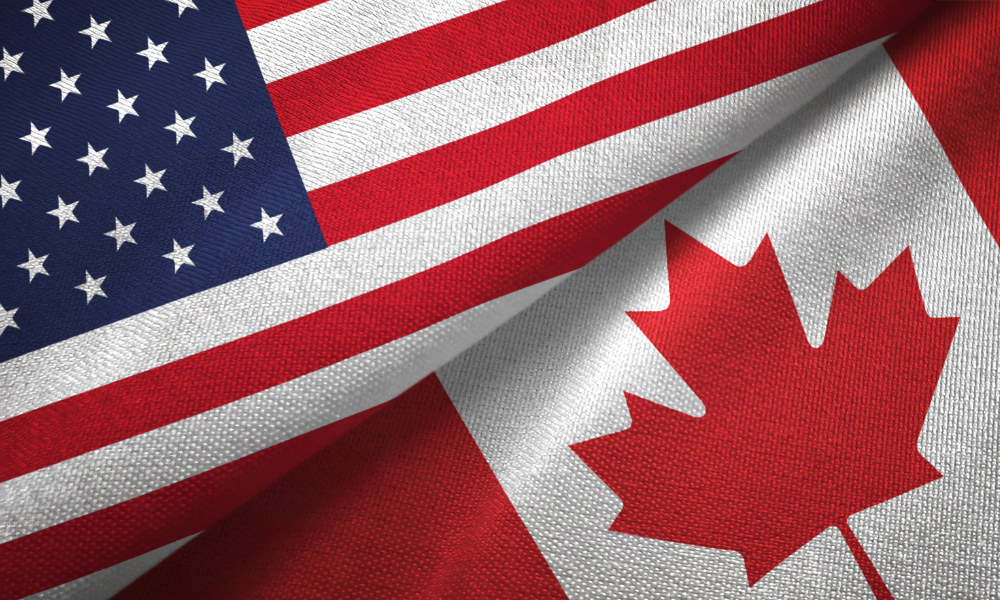Judges rule emergency powers misused in trade action targeting Canada and other countries

The US Court of International Trade has blocked president Donald Trump’s sweeping tariffs on Canada and other countries, ruling Wednesday that the administration overstepped its legal authority under emergency powers law.
The three-judge panel struck down multiple tariff orders, including those imposed on Canada and Mexico under fentanyl and border security declarations, as well as the broader “reciprocal tariffs” applied globally since April.
The ruling declared, “The challenged tariff orders will be vacated and their operation permanently enjoined.”
Emergency justifications rejected
Trump had invoked the 1977 International Emergency Economic Powers Act (IEEPA) to justify his tariffs on Canada and Mexico, claiming national emergencies tied to fentanyl trafficking and trade imbalances.
In doing so, the administration imposed tariffs of 25% on Canadian imports and 10% on energy products. These measures triggered Canadian counter-tariffs on $60 billion worth of US goods.
The court disagreed with Trump’s interpretation of the law, concluding that the IEEPA does not extend to the unilateral imposition of tariffs and that the claimed emergencies, specifically the US trade deficit and cross-border drug issues, did not qualify as “unusual and extraordinary threats” under the statute.
“‘Deal with’ connotes a direct link between an act and the problem it purports to address,” the ruling stated. “A tax deals with a budget deficit by raising revenue. A dam deals with flooding by holding back a river. But there is no such association between the act of imposing a tariff and the ‘unusual and extraordinary threat[s]’ that the Trafficking Orders purport to combat.”
While the White House has not confirmed whether it will appeal the decision, it defended Trump’s emergency declarations.
“It is not for unelected judges to decide how to properly address a national emergency,” said spokesperson Kush Desai. “President Trump pledged to put America First, and the Administration is committed to using every lever of executive power to address this crisis and restore American Greatness.”
US Senator Tim Kaine of Virginia, speaking during a visit to Ottawa, called the fentanyl-based emergency “an excuse to impose tariffs on Canada.”
“I just view it as an effort by the president to try to impose tariffs unilaterally,” Kaine said. “To do so, he had to declare an emergency, and that was the emergency he came up with.”
US Customs data shows Canada was responsible for less than 1% of fentanyl seized at the US border, though a recent DEA report described Canadian production as a “growing concern.” Northern border seizures rose last month, but remain far below those seen along the southern US border.
Canadian trade outlook
Canada had previously secured an exemption from Trump’s tariffs for goods traded under the Canada-United States-Mexico Agreement (CUSMA), though the agreement is scheduled for renegotiation by next year.
Read more: Canada could still see a solid 2025 housing market – but it depends on tariffs
In the meantime, Prime Minister Mark Carney confirmed that Canada is in talks with the US to develop a broader “economic and security partnership.”
“We’ve got more that we need to do before we’re satisfied that we have a partnership that is in Canada’s interest. We’ve made a lot of progress,” Carney said Tuesday.
Make sure to get all the latest news to your inbox on Canada’s mortgage and housing markets by signing up for our free daily newsletter here.



